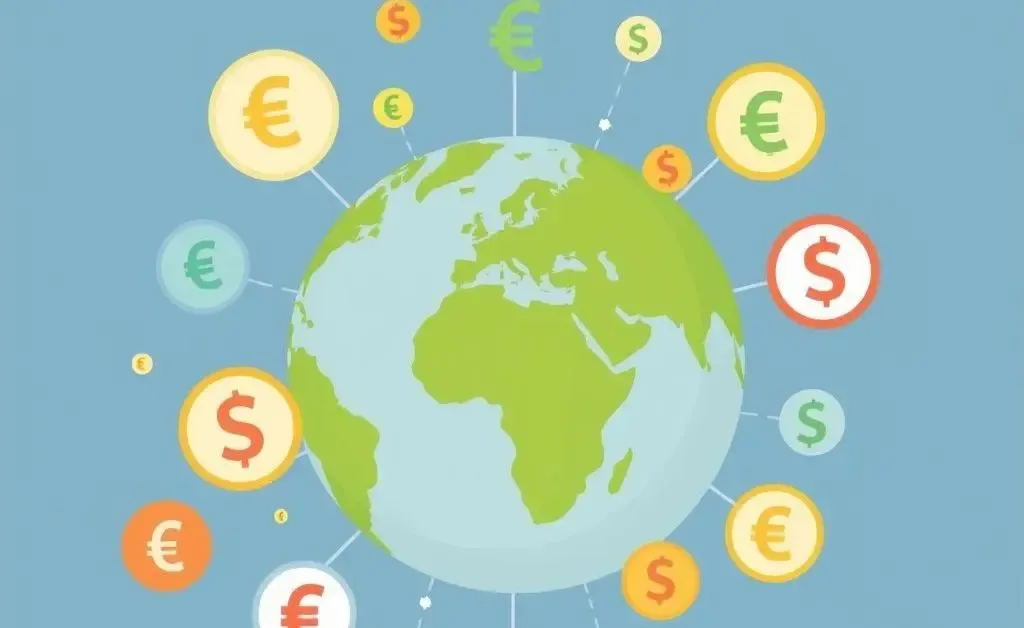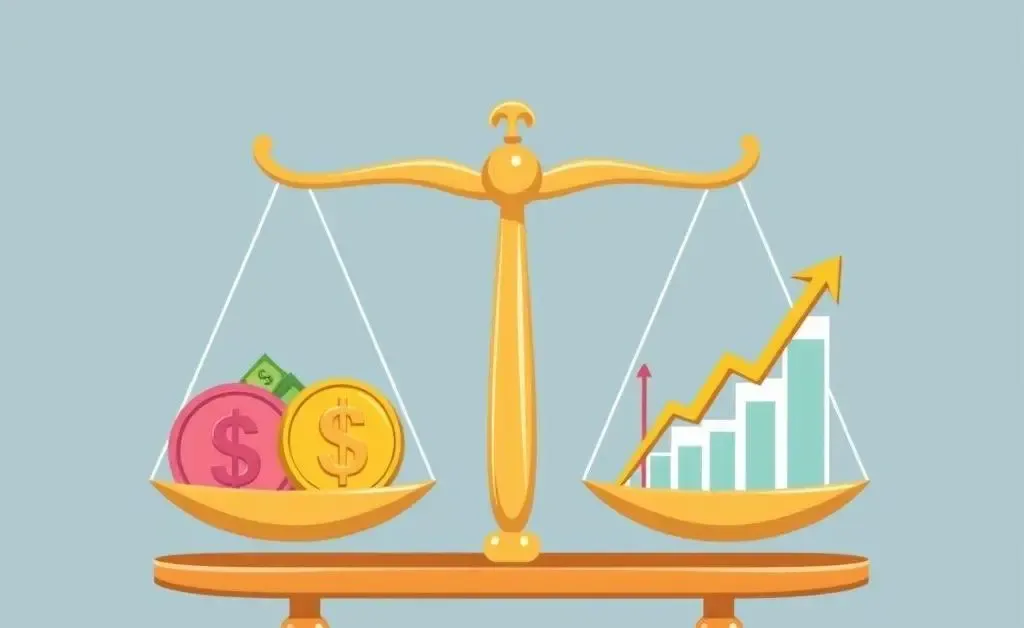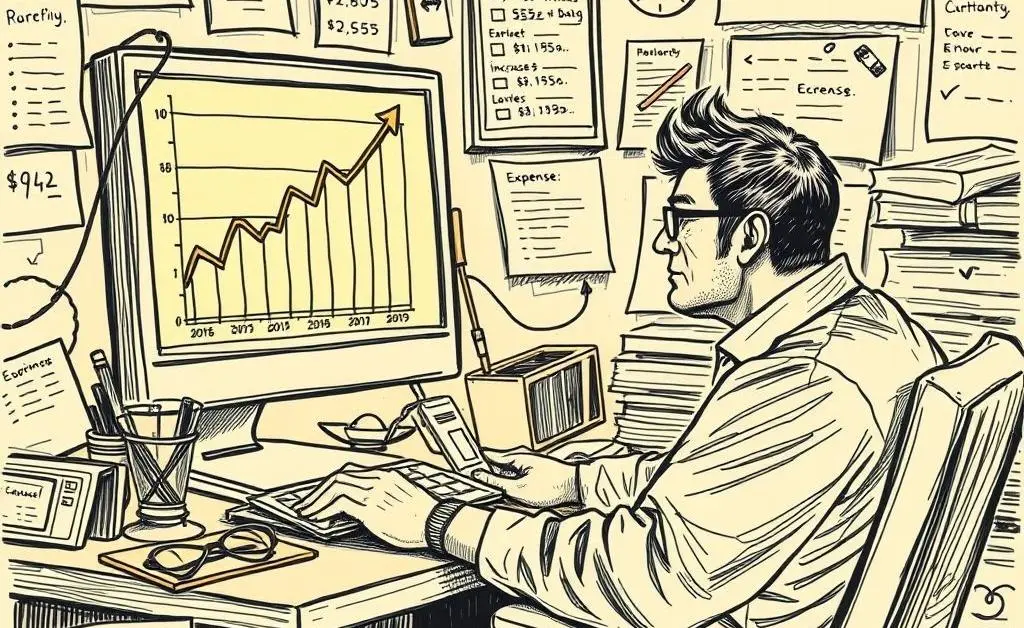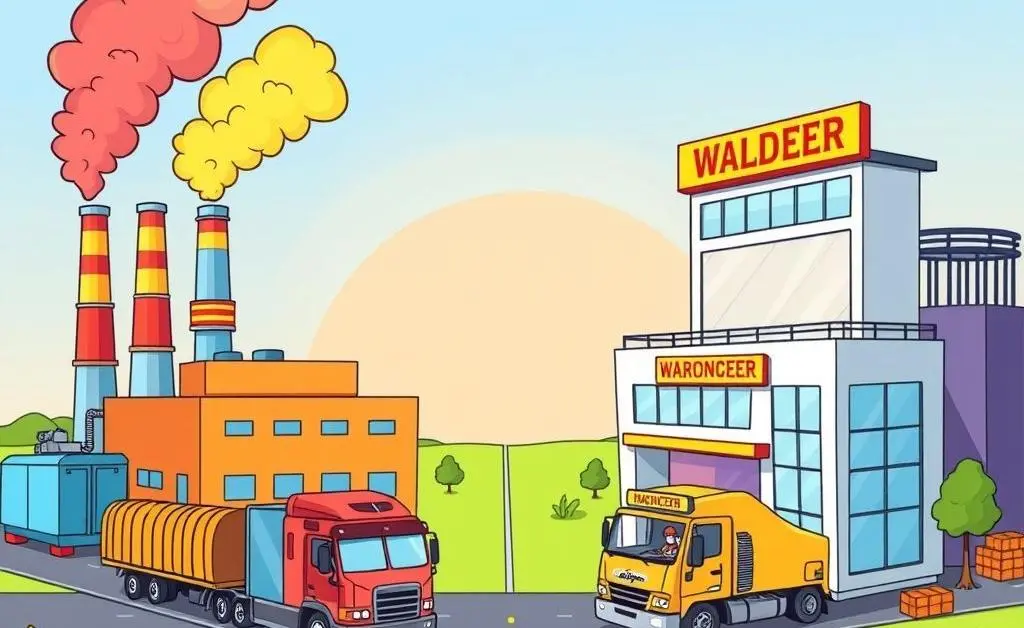Navigating Modern Trade: Understanding Tariffs and Global Business
Discover how tariffs impact your daily life and global trade.

Did you know that tariffs can affect everything from your morning coffee to the car you drive? It's almost like an invisible hand tweaking prices and availability without most of us even noticing. But delve a bit deeper, and you'll find tariffs are a lot more than just additional percentages on goods—they are key players in the world of global trade.
What Exactly Are Tariffs?
At their core, tariffs are taxes imposed on imported goods. Governments use them for a variety of reasons: to protect domestic industries, retaliate against other nations, or simply to generate revenue. Think of them as tolls for economic traffic.

The Everyday Impact of Tariffs
Let’s dive into a little story—Jane, a coffee shop owner, noticed her import costs from Brazil suddenly shot up by 20%. This led her to increase her prices, affecting her loyal customer base. In her case, tariffs on imported coffee beans were the culprit. The increased costs were a direct hit from international policy decisions.
- Increased Prices: Tariffs often lead to higher costs for consumers.
- Market Changes: Businesses may shift suppliers to evade tariffs.
- Economic Relationships: Global trading dynamics can shift, impacting international relationships.
How Businesses Respond to Tariffs
Businesses aren’t sitting ducks. When faced with tariffs, they strategize. Some may absorb the extra costs, others pass them on to consumers, and a few might even pivot to new markets altogether. Adaptation is key in an ever-changing landscape.

Remember our friend Jane? She started sourcing beans from a different country where tariffs were lower, thus stabilizing her coffee shop’s prices. It wasn’t easy, but her quick thinking kept her business afloat.
Looking Forward: Evolving Global Trade
The dynamics of global trade are never static. As countries negotiate and renegotiate terms, tariffs remain both tools and challenges in the grand theater of international relations. It raises an intriguing question: how precisely will global economic landscapes evolve amid ongoing trade debates?

In conclusion, tariffs are a fascinating, albeit complex, part of our daily existence and business world. They influence relationships, decisions, and economies in subtle yet profound ways. As we continue to navigate a global economy, understanding these subtleties can provide everyone—from small business owners to consumers—a clearer perspective on global trade's intricacies. What do you think? How will trade policies shape the future of our everyday lives?




